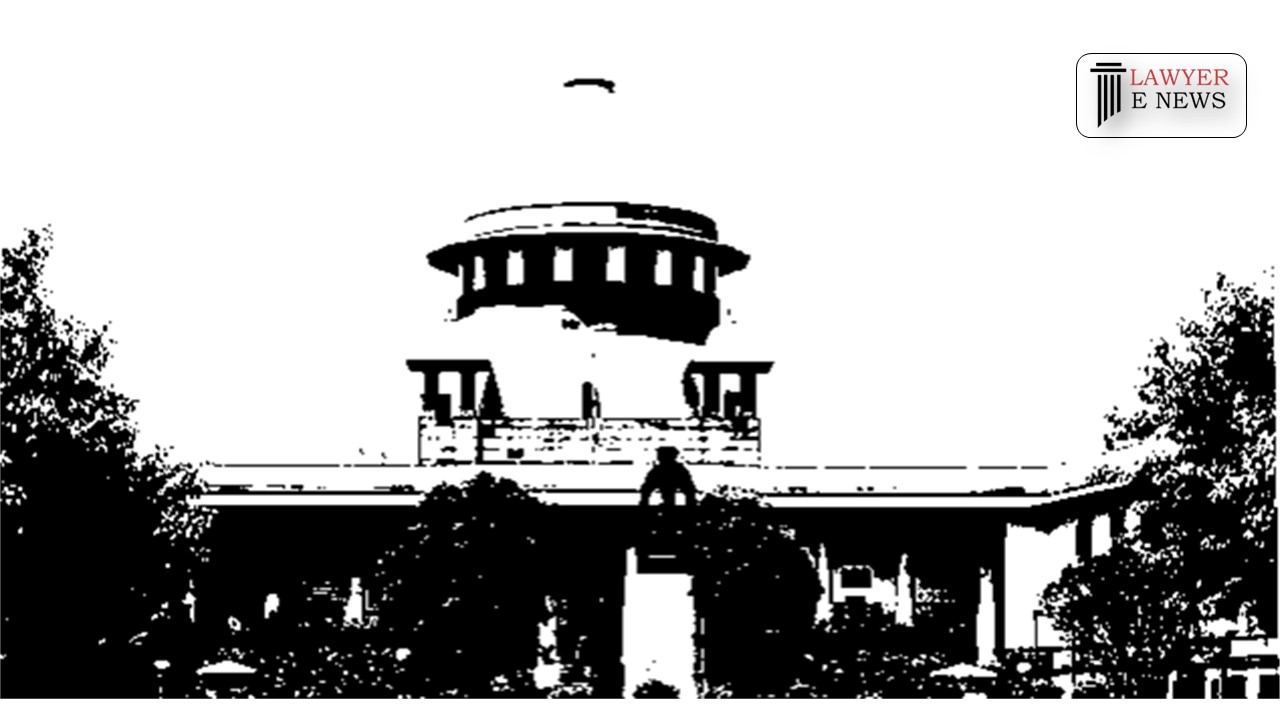-
by Admin
15 February 2026 5:01 PM



In a significant ruling, the Supreme Court of India acquitted Arun Shankar in a murder case, underscoring the insufficiency of circumstantial evidence to conclusively prove guilt.
The apex court emphasized the principles for cases based on circumstantial evidence, drawing from the landmark Sharad Birdhichand Sarda judgment. The Court highlighted that for conviction, the circumstances must be fully established and consistent solely with the accused’s guilt, forming a complete chain pointing towards no conclusion other than guilt.
Arun Shankar was convicted for the murder of Sushildhar Dubey based on circumstantial evidence including the ‘last seen’ theory, recovery of the murder weapon, and medical evidence. The central issue revolved around the reliability and conclusiveness of this evidence, particularly in the absence of a clear motive.
Weak ‘Last Seen’ Theory: Regular interactions and absence of a motive or altercation between Shankar and Dubey weakened the last seen theory.
Unproved Weapon Recovery: Testimonies of key witnesses failed to conclusively establish the recovery of the murder weapon at Shankar’s instance.
Alternative Theory of Accidental Death: The possibility of Dubey’s accidental death was supported by the presence of glass pieces at the crime scene and medical opinions indicating such injuries could be caused by glass.
The Supreme Court found the circumstances did not conclusively point to Shankar’s guilt, allowing for reasonable doubt. Consequently, Shankar was acquitted of the offences under Sections 302 and 201 of the IPC, and his bail bonds were cancelled
Date of Decision: April 10, 2024
Arun Shankar vs. The State of Madhya Pradesh
